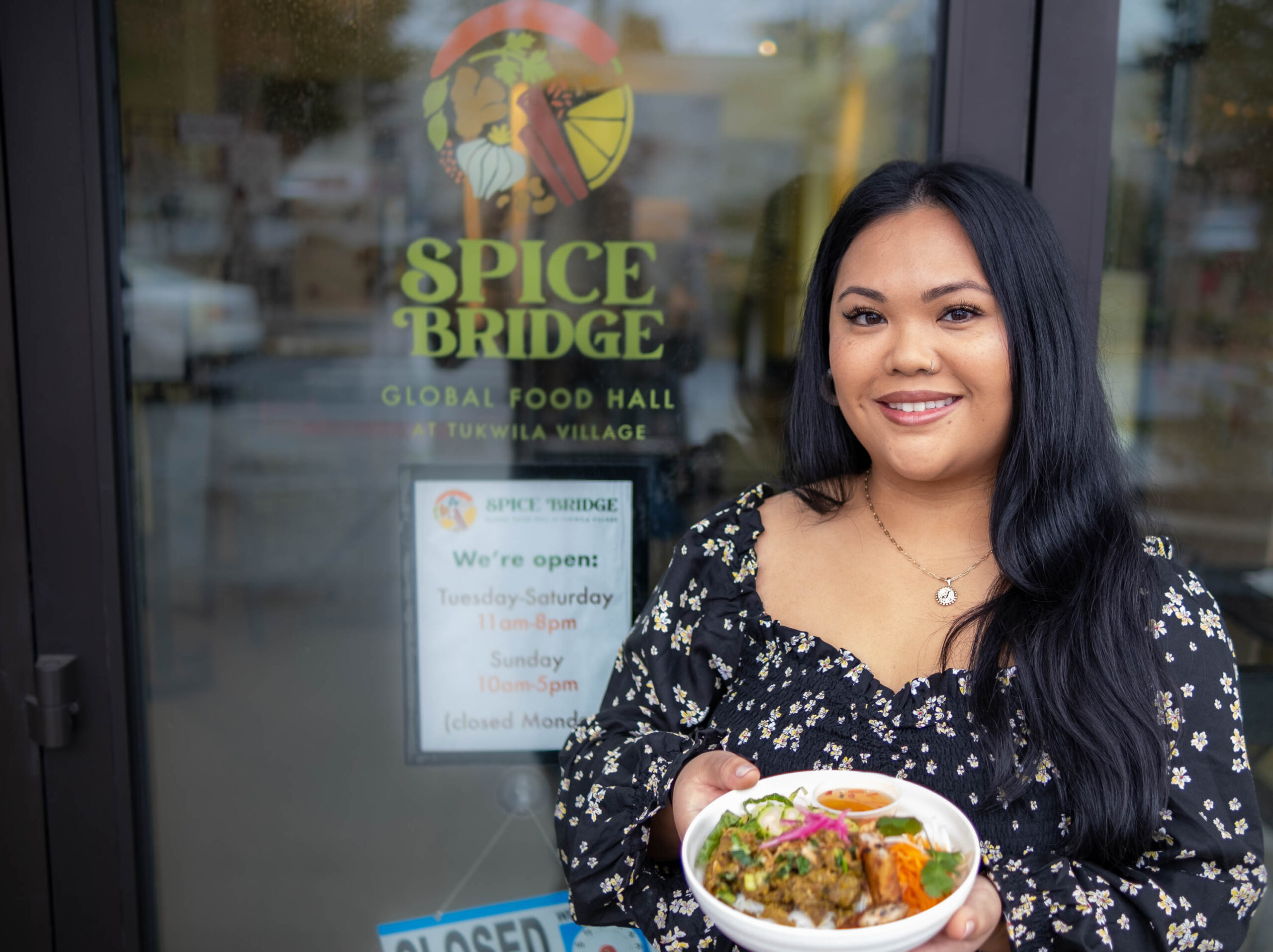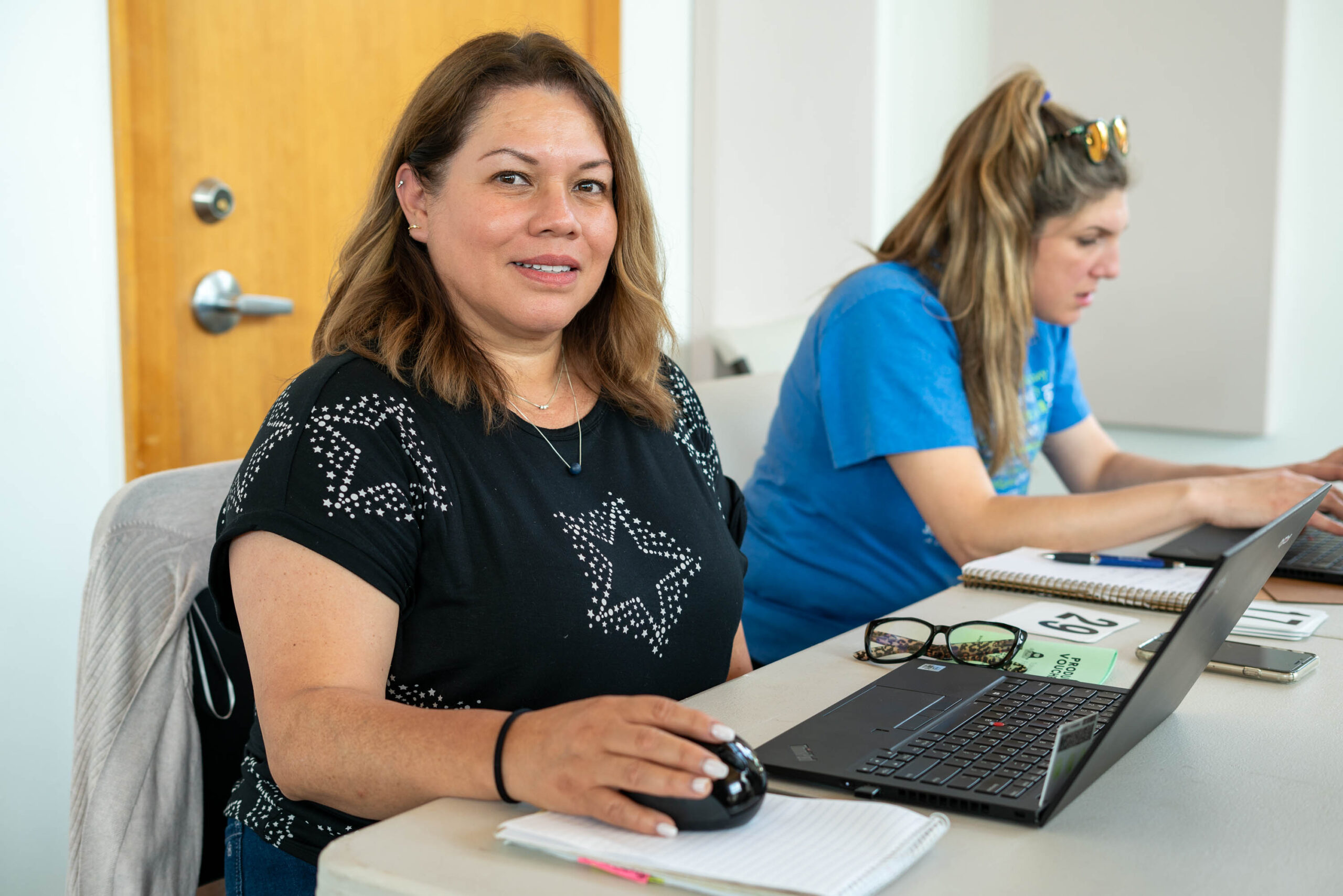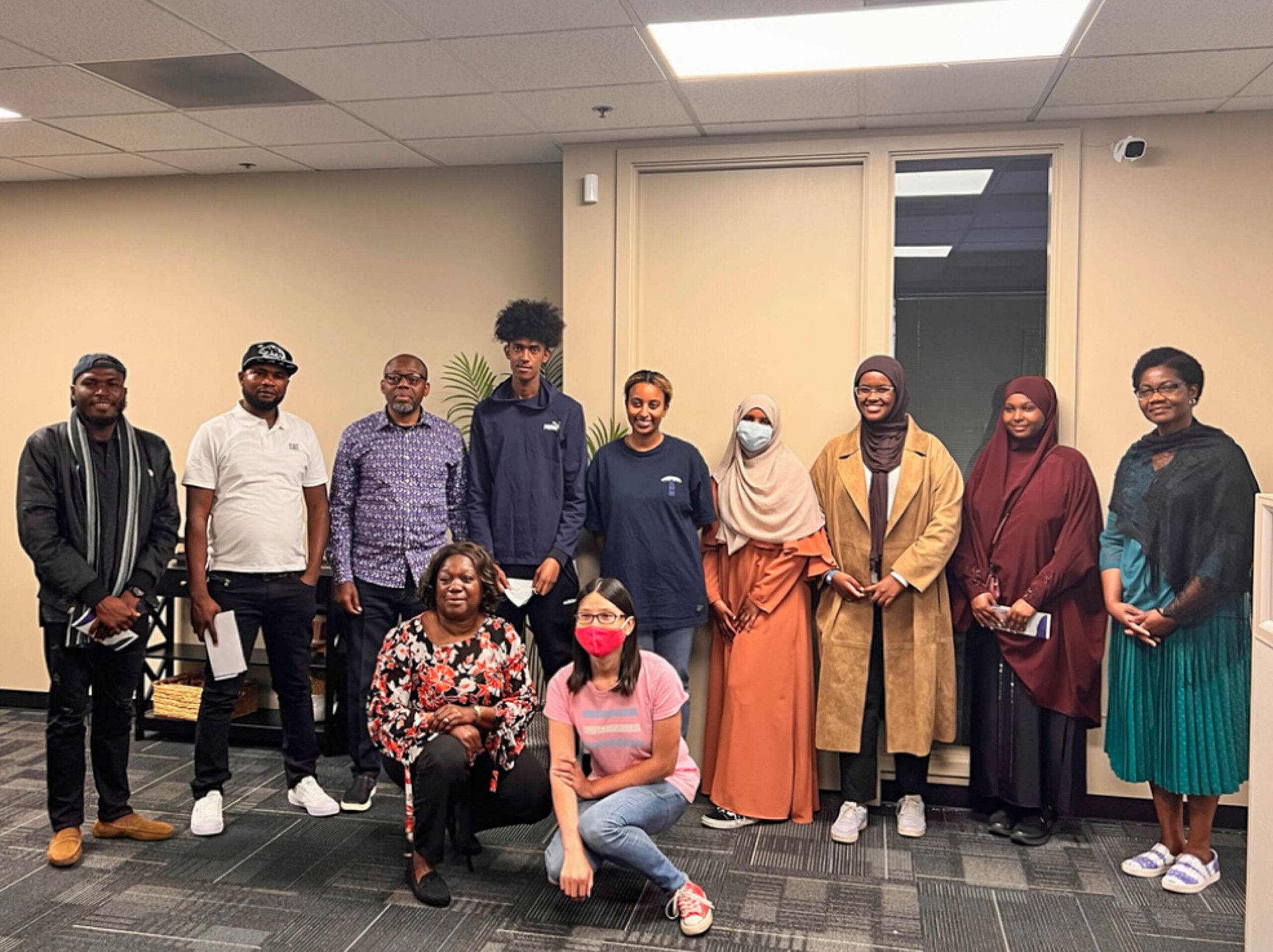Improving health and building community power
Based in SeaTac and Tukwila, our programs engaged low income, BIPOC, and immigrant/refugee communities in the broader South King County area. These communities face systemic obstacles to community and individual health. Our programs focused on individual health, economic equity, and community connection to increase health and social equity.
The following resources document our research findings, as well as the evolution of our programs and mission:
Global Learning for U.S. Primary Health Care: A Resource & Implementation Guide (2021)
The Task Force on Global Advantage Report (2018)
“Bringing Global Health Home” case study published in Annals of Global Health (2018)
G2L Guiding Principle and Core Competencies (2018)
G2L Landscape Assessment of successful global health strategies (2016)

Food Innovation Network Program
Our Food Innovation Network (FIN) Program enhanced the local food system, increased access to healthy foods, and supported local food businesses in the diverse communities of South King County.
FIN’s core program activities included:
- the Food Business Incubator at Spice Bridge;
- coordination of community meals;
- management of the Tukwila Village Farmers Market, including distribution of food access benefits and resources;
- advocacy to address policy and regulatory barriers; and
- outreach to engage communities in food systems change and resource connection.
Food Business Incubator
Food businesses have traditionally been a way for immigrants and low-income families to gain a foothold in the economy, but many chefs face barriers to starting a business. Our Food Business Incubator supported entrepreneurs–primarily women, immigrants, and people from communities of color–in launching financially stable businesses by providing:
- affordable access to a commercial kitchen and retail space;
- food industry technical assistance designed to improve business operations, marketing, and ability to scale; and
- access to new market opportunities.
Spice Bridge
Spice Bridge was home to our Food Business Incubator. It provided businesses with space and support, including affordable access to a licensed commercial kitchen and professional equipment. The Tukwila facility featured four cook stations, four food retail stalls, and a dining area.
The food hall also provided a community hub—a welcoming space where people gathered to learn about and celebrate our community’s rich traditions. Spice Bridge showcased artworks made by local youths, and hosted public gatherings like community poetry readings and artisan craft markets.
Food Access and Tukwila Village Farmers Market
Improving food access was central to our work. In partnership with local organizations, FIN provided weekly meals to seniors, teens, and other community members with low incomes. This program met community needs with no-cost meals that were healthy, locally produced, and culturally relevant. It also supported the local chefs and entrepreneurs who prepared the meals.
FIN operated the weekly Tukwila Village Farmers Market from June to October. The market featured fresh produce grown by refugees and immigrants in our community. Most sales were made through food security program benefits, such as SNAP, Market Match, and WIC.
The Food Innovation Network website has resources for getting food, starting a career in the food industry, or growing a food business.
IRC’s New Roots program will manage Tukwila Village Farmers Market starting in 2025. Contact newrootsseattle@gmail.com for more information.

Community Health and Wellness Program
Our Community Health and Wellness Program supported participants in improving their health. Our team of community health workers (CHWs) provided a wide range of services to promote health and wellbeing. CHWs built this list of resources in December 2024 to support our community after G2L’s closure:
- Resources for food, utility assistance, transportation, wellness, health care navigation, immigrant legal services, and more (PDF)
- Resource guide for undocumented immigrants and non-US citizens (PDF)
- King County Community Health Access Program (CHAP) brochure in English (PDF)
- Programa de Acceso de Salud Para la Comunidad (CHAP) folleto en español [King County Community Health Access Program (CHAP) brochure in Spanish] (PDF)
- Looking for good health care? brochure in English (PDF)
- ¿Buscando una buena atención médica? folleto en español [Looking for good health care? brochure in Spanish] (PDF)
CHWs offered exercise classes, coordinated medical care, connected community members with resources, and more. These CHWs shared cultural backgrounds and life experiences with the communities they served. They built trust within the Somali, Latino, and Eritrean/Ethiopian communities of Tukwila and SeaTac.
Physical activity programs
Stay Active and Independent for Life (SAIL) was our strength, balance and fitness program for adults 65 and older. Performing exercises that improve strength, balance and fitness is the single most important activity adults can do to stay active and reduce their chances of falling. We offered these classes in both English and Somali. They were held in a location convenient to a senior housing community at Tukwila Village, and at Tukwila Community Center. We partnered with Sound Generations and CIRC/SHAG senior housing to offer this program.
Primary care coordination and resource connection
Through our partnership with HealthPoint‘s SeaTac and Tukwila clinics, CHWs helped patients navigate the health system. This support addressed social and language barriers that prevented patients from getting needed care. CHWs assisted patients with medical appointments, insurance, and referral coordination. They also provided connections to food, transportation, housing, and other resources.
We also partnered with the Matt Griffin YMCA in SeaTac to provide connections and referrals to social services, particularly for clients managing diabetes and hypertension. The YMCA referred clients to us who needed clinical support to manage these conditions. Our staff helped enroll G2L clients in the YMCA’s diabetes prevention program.

Healthy Communities Program
Our Healthy Communities Program addressed systemic health disparities through:
- advocacy and systems change work;
- local partnership and coalition building;
- community dialogues; and
- leadership development.
We worked to broaden the leadership capacities of local immigrants and communities of color as a core tenet of our systems change strategy. We facilitated the development of community leaders and coalitions that advocate for greater equity in access to public health resources, including housing, jobs, and social services.
Advocacy & Systems Change
Community leadership drove Global to Local’s advocacy and systems change work. We focused on:
- elevating issues and equity solutions that most affect immigrant and communities of color in South King County;
- engaging with governments to amplify community voices in policy making and local planning processes; and
- convening local partners to collaborate on systems change efforts.
As a change agent representing local communities, Global to Local lent a powerful voice as a member of the King County Climate Equity Community Task Force.

